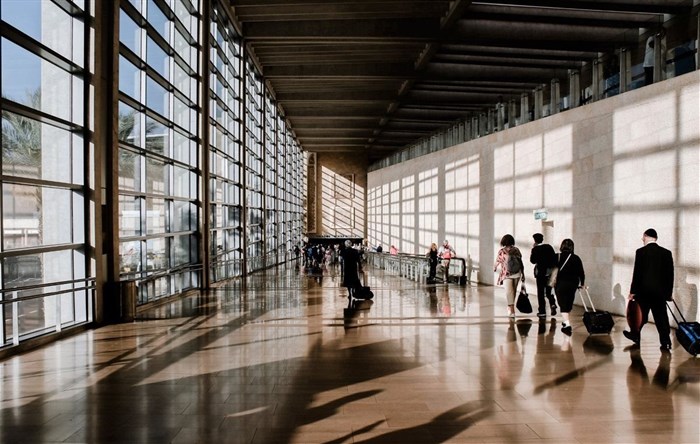
Top stories






More news

















Logistics & Transport
Uganda plans new rail link to Tanzania for mineral export boost









"While FCM’s global Q3 data showed the highest peak in travel for many years, we know that rising travel costs are having a significant impact. Budgets are under pressure and companies, from SMEs to large multinationals, will be taking a closer look at both their travel requirements and projected costs for airfares and accommodation in 2023."
Smith says travel managers, bookers and travellers can expect the following as businesses welcome a new year and new opportunities:
Corporate procurement teams will lean on their TMCs expertise and negotiating skills to help manage costs. This includes buying in advance; reviewing routes and contracts; avoiding peak times; and mixing things up by trying new travel suppliers and accommodation options.
Smith hopes that 2023 will see an end to last-minute bookings.
"Advance booking days globally averaged 25 days in Q3-2022, and long-haul international advance booking days jumped to 40 days – 10 days up from 2019. This is good news, not only because it shows that traveller confidence is returning, but because last-minute bookings are very, very expensive."
Smith says Q3-2022 hit a new peak for seat capacity in 2022, with global seat volume sitting at just 13% less than it was in 2019.
"South Africa is also looking forward to increased capacity – and with more airlines servicing local and regional demand, we hope to see prices begin to stabilise too," says Smith.
Demand for in-person meetings and events surged in Q3, and Smith believes the meetings, incentives, conferences and exhibitions (MICE) sector is only going to go from strength to strength.
Business travel is so important in terms of knowledge sharing, strengthening company culture, and increased employee engagement," says Smith. "Just book your team get-togethers early, because the availability of hotels still remains tight."
Smith says hotel occupancy has also increased steadily over the year, and so have rates.
"Although still below 2019 rates, we’re expecting 2023 rates, on average, to climb a further 7% across all markets. This means it’s time to contract new fixed rates, using the RFP process to consolidate, ‘change up’ your hotels and see what new offers and value-adds suit your needs."
In a recent global survey, FCM Travel asked their customers, "of the 17 United Nations Sustainable Development Goals (SDGs), which are implemented into your travel programme?":
• 42% of respondents stated #13 – Climate action;
• 35% stated #3 – Good health and well-being; and
• 32% stated #12 – Responsible consumption and production
Smith says that although travel programmes in South Africa are still cost-driven, customers are becoming more serious about both sustainability and the health and well-being of their travellers.
"Interestingly, travel tech is going to play a big role in helping organisations achieve their environmental, social and governance (ESG) goals; diversity, equity and inclusion (DEI) goals; as well as employee wellbeing goals," says Smith. "This includes carbon calculators, offsetting flights, selecting ‘green’ suppliers and being more conscious of their travel behaviour.
"Travellers are already relying on online booking tools (OBTs) that offer a wide range of choice and fares, as well as mobile comms and travel alerts when they’re on the road. Now they’re also looking for tools to help them make the best decisions in terms of responsible, sustainable travel – and report on their progress."